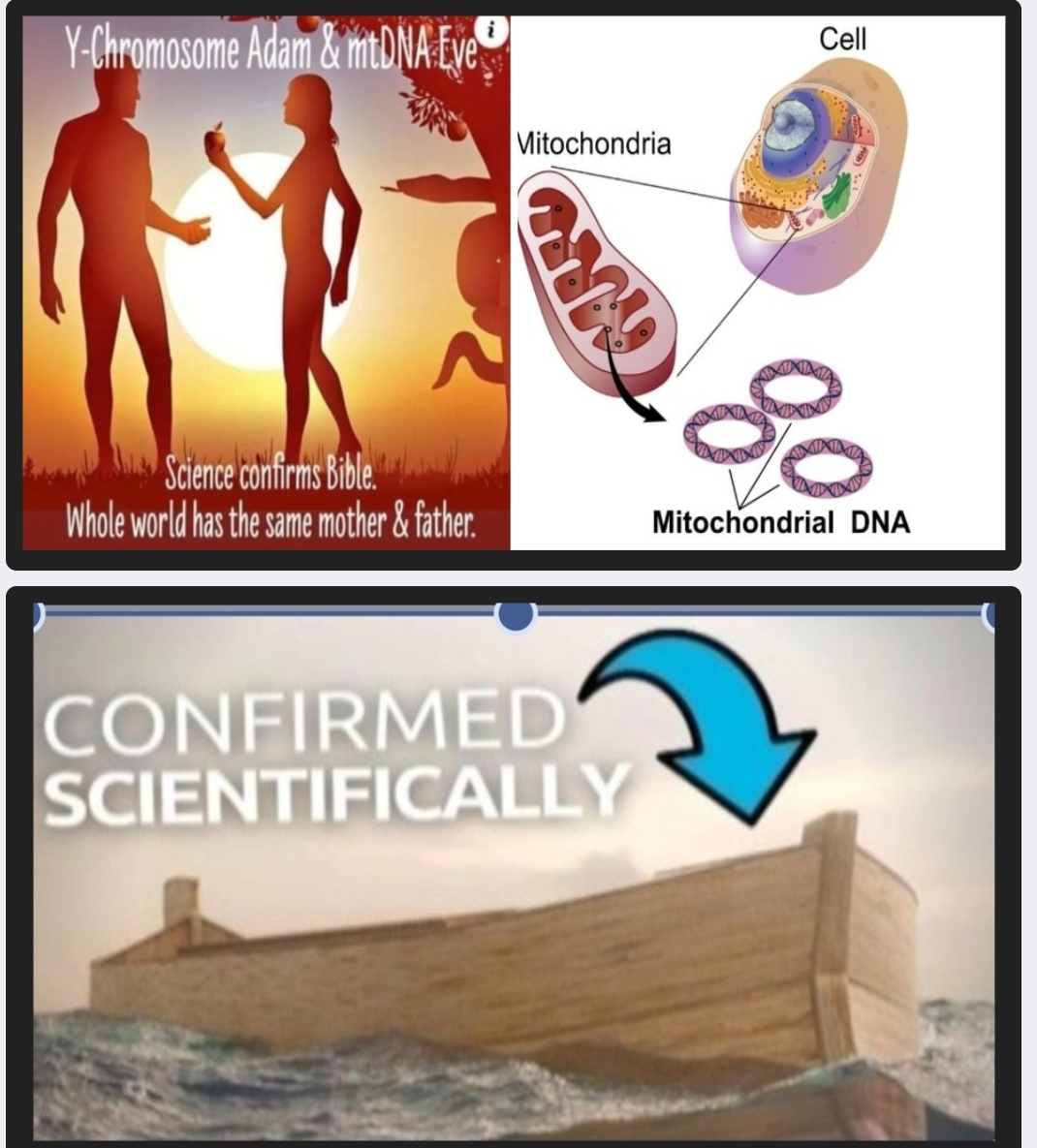Epigenetics explains metamorphosis without Darwin
The lay article "Why Insect Memories May Not Survive Metamorphosis" by Yasemin Saplakoglu discusses the recent findings of a study that suggests that memories formed by fruit fly larvae do not persist in adults. The study, which was published in the journal Nature, found that the brains of fruit flies undergo a dramatic reorganization during metamorphosis, with many neurons being destroyed and new ones being formed. This reorganization appears to erase any memories that were formed in the larval stage.
The study's findings have implications for our understanding of how memory works in general. It has long been thought that memories are stored in the brain in a physical form, such as the connections between neurons. However, the findings of this study suggest that memories may also be stored in an epigenetic form, meaning that they are influenced by changes in gene expression.
Epigenetic changes are changes in gene expression that are not caused by changes in the DNA sequence itself as per NeoDarwinism. These changes can be caused by environmental factors, such as diet or stress, and they can be passed down to offspring. The study's findings suggest that epigenetic changes may play a role in storing memories, and that these changes may be erased during metamorphosis.
The study's findings are still preliminary, and more research is needed to confirm them. However, they raise the possibility that memories may be more fragile than we thought, and that they may be more easily erased by environmental changes. This could have implications for our understanding of a variety of neurological disorders, such as Alzheimer's disease and amnesia.
In addition to the epigenetic implications, the study's findings also have implications for our understanding of insect behavior. For example, it has been known for some time that fruit flies can learn to associate a particular odor with a food reward. However, the study's findings suggest that this learning may not persist in adults. This could mean that fruit flies are constantly relearning their associations, which could explain why they are so quick to learn new things.
The study's findings are also interesting from an evolutionary perspective. It is thought that metamorphosis evolved to allow insects to adapt to different environments. For example, a caterpillar that lives in a forest may need to learn to avoid predators, while a butterfly that lives in a meadow may need to learn to find food. The study's findings suggest that metamorphosis may also allow insects to "reset" their memories, which could help them to adapt to new environments more quickly.
Overall, the study's findings provide new insights into how memory works in insects, and they have implications for our understanding of a variety of neurological disorders and insect behavior. More research is needed to confirm the findings, but they suggest that memories may be more fragile than we thought, and that they may be more easily erased by environmental changes.
The study "Metamorphosis of memory circuits in Drosophila reveals a strategy for evolving a larval brain" (Truman et al., 2023) provides evidence that epigenetic changes may play a role in the evolution of larval brains in insects. The study found that, during metamorphosis, some neurons in the mushroom body (MB) of Drosophila larvae undergo trans-differentiation, changing their phenotype and function. These neurons then leave the MB and join other brain circuits in the adult fly. The authors suggest that this process of trans-differentiation may allow for the rapid evolution of new larval behaviors, without the need for changes in the underlying genetic code as with NeoDarwinism.
This finding is significant because it suggests that epigenetic changes, which are changes in gene expression that are not caused by changes in the DNA sequence, can play a role in evolution. This is in contrast to the neo-Darwinian view of evolution, which holds that evolution is driven solely by changes in the genetic code.
The study's findings have implications for our understanding of how brains evolve. They suggest that epigenetic changes may be a powerful tool for rapid evolution, allowing organisms to adapt to new environments or challenges. Neo Darwinism changes are not rapid. This could have important implications for our understanding of the evolution of complex behaviors, such as learning and memory.
It is important to note that the study's findings are still preliminary, and more research is needed to confirm the role of epigenetic changes in the evolution of larval brains. However, the study's findings provide a promising new avenue of research into the mechanisms of evolution.
Here are some additional thoughts on the implications of this study for epigenetics outside of neo-Darwinism:
The study suggests that epigenetic changes may be more important for evolution than previously thought.
The study provides evidence that epigenetic changes can be rapid and reversible, which could allow for rapid adaptation to new environments.
The study suggests that epigenetic changes may play a role in the evolution of complex behaviors, such as learning and memory.
These findings have the potential to revolutionize our understanding of evolution and the role of epigenetics in life. More research is needed to confirm these findings, but the study provides a promising new direction for research in this area.





Comments
Post a Comment